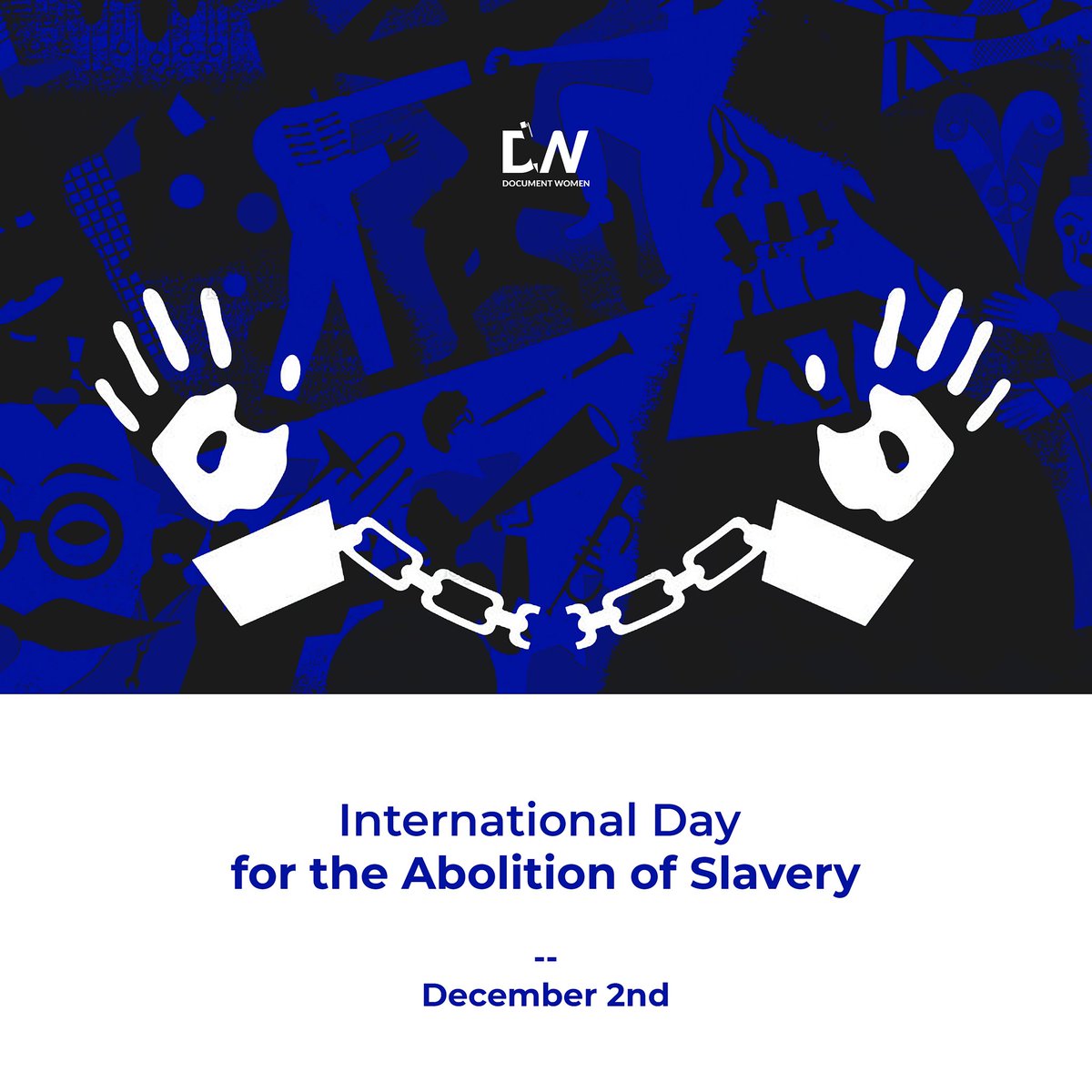
Since the first case of HIV/AIDS was recorded 40 years ago, the disease has been a threat to our lives as over 36 million lives have been lost to it.
On a day like this, we commemorate with the @WHO, @UNAIDS and other bodies who have been raising awareness
#WorldAIDSDay
On a day like this, we commemorate with the @WHO, @UNAIDS and other bodies who have been raising awareness
#WorldAIDSDay

about the illness to reiterate the importance of Equality of HIV/AIDS treatment across all borders.
For better treatment for HIV/AIDS, there should be a focus on:
-Community-led and people-centred infrastructure
-Equitable access to medicines, vaccines and health technologies
For better treatment for HIV/AIDS, there should be a focus on:
-Community-led and people-centred infrastructure
-Equitable access to medicines, vaccines and health technologies
Every AIDS patient, regardless of their location, deserves access to quality vaccines and community-led infrastructures and webinars.
In other words, including those in the rural and underserved communities with this health condition deserves adequate healthcare and resources.
In other words, including those in the rural and underserved communities with this health condition deserves adequate healthcare and resources.
How Can I Reduce My Risk of Getting The HIV Virus?
1. Use only a brand new syringe for blood transfusion.
2. Don't share your razor blade.
3. Have safe sex; use protection.
4. Limit your number of sexual partners.
5. Get tested & treated for STDs
1. Use only a brand new syringe for blood transfusion.
2. Don't share your razor blade.
3. Have safe sex; use protection.
4. Limit your number of sexual partners.
5. Get tested & treated for STDs
5.. Before accepting a blood transfusion, ensure it's confirmed from a reputable clinic or hospital that the blood is safe.
How Can a Person Who is HIV+ Prevent Passing The Virus To Others?
1. Use protection CORRECTLY every time you have sex.
#WorldAIDSDay2021
How Can a Person Who is HIV+ Prevent Passing The Virus To Others?
1. Use protection CORRECTLY every time you have sex.
#WorldAIDSDay2021
2. If you have a sexual partner, talk to them about taking PrEP [Pre-Exposure Prophylaxis] - this is taken by people without HIV who are at the risk of being exposed through sexual intercourse or injection drug use.
3. Do not share your needles or syringes with others.
3. Do not share your needles or syringes with others.
• • •
Missing some Tweet in this thread? You can try to
force a refresh





